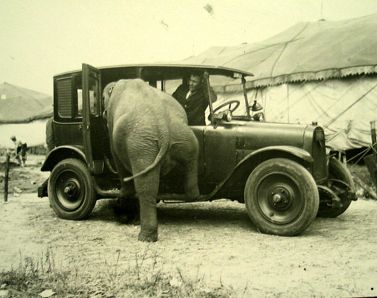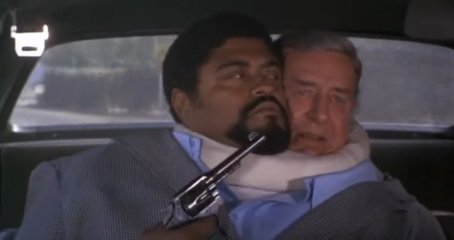There’s a legal push to make Uber drivers full employees of the company, but what does it say if its workers can’t afford to be full-time employees? Some Libertarians may think Americans choose piece work because it’s so great and flexible, but in many instances it’s the former middle class just grasping at straws. And that straw will get thinner and thinner until eventually it disappears.
From Douglas MacMillan at WSJ:
Flexibility is the new cherished buzzword to dozens of startups rushing to defend the legality of their employment models. Companies from Uber to Lyft to Postmates say they are pioneering a new gig economy where workers are free to clock in and out as easily as they open a smartphone app, helping many of them make time to care for a family or pursue an education or career.
But that flexibility comes at a cost to these workers, some of whom are unhappy with paying for their own health insurance and costs such as car maintenance and fuel. Last month, Uber was ordered to pay Barbara Berwick, a former San Francisco driver for Uber, more than $4,100 to cover the costs of vehicle mileage and tolls, after she argued successfully the company was so deeply involved in every aspect of her job that it was legally acting as an employer. …
But some of those drivers may just dislike the idea of working full time for Uber. Javier Calix, a driver in San Francisco, said in an interview that he would not take a full-time job offered by Uber because the company doesn’t pay him enough for that to make economic sense. While he said he used to make around $25 an hour, after gas and other expenses, when he first started driving for the service two years ago, that’s now down to about $15 an hour after all the fees Uber takes out of his pay.
“I wouldn’t be able to afford it,” Calix said of the prospect of full-time Uber employment.•



